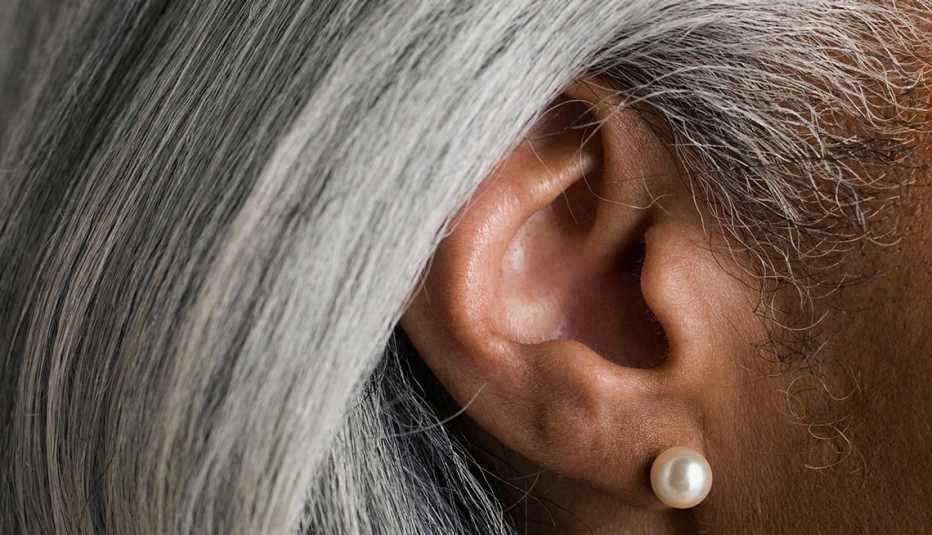AARP Hearing Center


Your ears — like the rest of you — change with age. And it’s not only your hearing that’s affected: Everything from the texture of earwax to your risk of having tinnitus changes in midlife and beyond. But experts say the following good habits can help keep your ears healthy for years to come.
1. Get regular hearing screenings
Think of hearing screenings like routine dental or eye exams: Your medical provider will make sure your hearing is functioning as it should and look for any problems — like hearing loss — in a timely manner. “Screening does not necessarily mean a hearing test,” says audiologist Lindsay Creed, associate director of audiology practices for the American Speech-Language-Hearing Association (ASHA). “It can be a two-stage process, the first stage being a questionnaire or your medical doctor asking you three or four questions in conjunction with your physical.”
Free Hearing Test
AARP members can take the National Hearing Test online or on their phones — for free. This 10-minute test can help you decide whether you need a more comprehensive hearing exam.
According to guidelines from the World Health Organization, adults 50 and older without hearing loss should be screened every five years through age 64, Creed says. Starting at 65, the guidelines recommend screening every one to three years (hearing loss and other conditions may call for more frequent monitoring).
2. Maintain your hearing aids
Hearing aid users should have their devices checked by a hearing specialist at least once a year. Daily maintenance is also important. “Hearing aids are essentially miniature electronics. Keep them protected from the elements, such as rain and dust, and keep them out of reach from prying hands of children or prying paws of dogs,” says audiologist Viral Tejani, assistant professor of otolaryngology–head and neck surgery at Case Western Reserve University School of Medicine in Cleveland. Hearing aid life span is another factor to consider. According to Tejani, audiologists typically recommend replacing the devices every five to seven years, both because manufacturers may phase out support for older hearing aids and because new technology may offer advanced features. “That being said, there are patients who care for their devices so well that sometimes they don’t replace them after 10 years or so,” he says. “That is fine, as long as they are benefiting from their devices.”

































































More From AARP
Tips for Protecting Hearing With Hearing Aids
Prevent hearing loss from progressing by avoiding loud noises, wearing hearing protectionCan I Hear Better Wearing These Eyeglasses?
Microphones, speakers hide inside regular-looking frames
Your Smart Guide to Hearing Health
23 ways to keep hearing clearly